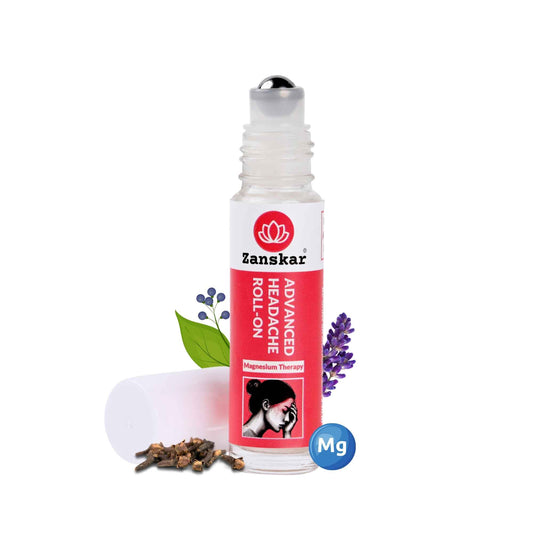There are three types of nerves in the body. Since there are so many types of peripheral neuropathy, doctors will diagnose your type by the group of nerves it affects. The three groups are:
- Motor. These nerves are responsible for muscle movement, like walking, talking, or using your hands or arms.
- Sensory. These are responsible for sensory information, like hot or cold, pain, or touch.
- Autonomic. These are responsible for body processes you don’t see, like breathing, heartbeat, and digestion.
Peripheral neuropathy can affect one nerve group, two groups, or all three. Sometimes it will affect one nerve only, and that’s called mononeuropathy.
Motor neuropathy symptoms include:
- muscle cramps
- twitching
- muscle weakness
- foot drop
- muscle wasting
- paralysis
Sensory neuropathy symptoms include:
- prickling and tingling sensation, or “pins and needles”
- numbness
- reduced sensations of pain or hot and cold
- increased pain from things that shouldn’t cause pain, like light touch
- burning or sharp pain
- loss of balance or coordination
Autonomic neuropathy symptoms include:
- constipation or diarrhea
- bloating, belching, or feeling of sickness
- faint or dizziness upon standing from low blood pressure
- rapid heart rate
- sweating too much or too little
- problems with sexual function
- loss of bowel control
- difficulty emptying bladder completely
Symptoms can cause challenges in daily life, like trouble walking or sleeping because of pain in the feet and legs or feeling of wetness.
A variety of factors and underlying conditions can cause peripheral neuropathy. In rare cases, peripheral neuropathy is genetic, but most cases are acquired.
An acquired case of peripheral neuropathy is often idiopathic, which means doctors don’t know why it’s happening. In most cases, doctors can connect the condition to one or more causes.
1. Generalized diseases
Nerve damage caused by diabetes is one of the most common forms of neuropathy. This leads to numbness, pain, and a loss of sensation in the extremities.
According to the National Institutes of Health, 60-70% of people with diabetes have some sort of nerve damage.
Other chronic diseases that may cause nerve damage include:
- autoimmune diseases like lupus or RA
- kidney or liver disorders
- vascular and blood disorders
2. Injury
Physical trauma is a common cause of injury to the nerves. This can include car accidents, falls, or fractures. Inactivity, or holding still too long in one position, can also cause neuropathy.
Increased pressure on the median nerve, a nerve in the wrist that supplies feeling and movement to the hand, causes carpal tunnel syndrome. This is a common type of peripheral neuropathy.
3. Alcohol and toxins
Alcohol can have a toxic effect on nerve tissue, putting people with severe alcohol use disorder at a higher risk of peripheral neuropathy. Exposure to toxic chemicals like glue, solvents, or insecticides, either through chemical abuse or in the workplace, can also cause nerve damage. Additionally, exposure to heavy metals such as lead and mercury can also cause this condition.
4. Infections and autoimmune disorders
Certain viruses and bacteria directly attack nerve tissue.
Viruses such as herpes simplex and varicella-zoster virus (which causes chickenpox and shingles) damage sensory nerves and cause intense episodes of shooting pain.
Autoimmune diseases like RA also affect the peripheral nervous system in various ways. Chronic inflammation and damage to tissues throughout the body, as well as pressure caused by inflammation, can all lead to severe nerve pain in the extremities.
How to control pain using medications?
Over-the-counter (OTC) oral pain medications like nonsteroidal anti-inflammatory drugs, such as aspirin and ibuprofen, can be very helpful in controlling moderate pain.
If you take them in excess, these drugs can affect your liver or stomach function. It’s important to avoid using them for an extended period, especially if you drink alcohol regularly.
The Foundation for Peripheral Neuropathy includes a list of additional topical OTC medications you may consider trying including Capsaicin cream, which creates a heating effect that helps relieve pain for some people.
In addition to OTC pain relievers, many people have found relief for peripheral neuropathy through:
- using a heating pad or electric socks
- massaging affected areas to promote circulation
- avoiding pressure on the affected area, like not crossing legs or leaning on elbows
- avoiding caffeine and developing a regular bedtime routine to promote sleep
- avoiding alcohol and tobacco
- moderate, regular exercise can also help lessen discomfort.
Peripheral neuropathy is the result of damage to one or more groups of nerves. The effect on your body depends on which nerve groups aren’t working the way they should.
An injury, systemic illness, and medications are all potential causes. By treating the underlying reason for neuropathy, you can delay its onset or stop it from getting worse. Self-care strategies like daily planning can help you manage the condition and improve daily life.
Learn More About Zanskar Health
If you have joint or muscle pain that makes it hard to move, Zanskar offers the most advanced full stack pain relief solutions for you.
Now available to purchase, Zanskar® Advanced Pain Care Products have a unique formulation of natural bioactive ingredients and provide lasting relief from muscle and joint discomfort that you can feel good about. Get your fix before stocks run out - buy now.
You can also gain access to therapeutic exercises and stretches for your condition by downloading the Zanskar Health physiotherapy mobile app. Additionally, you’ll have a personal care team to guide, support, and tailor our program to you, including behavioral and nutritional coaching. Download our mobile app here 👉 download and track your exercise streak.
Medical Review: This article is written by Dr Nishtha Mittal (Senior Health Content Editor at Zanskar Health) and has been medically reviewed by the medical team at Zanskar Health. This article and its contents are provided for educational and informational purposes only and do not constitute medical advice or professional services specific to you or your medical condition.









